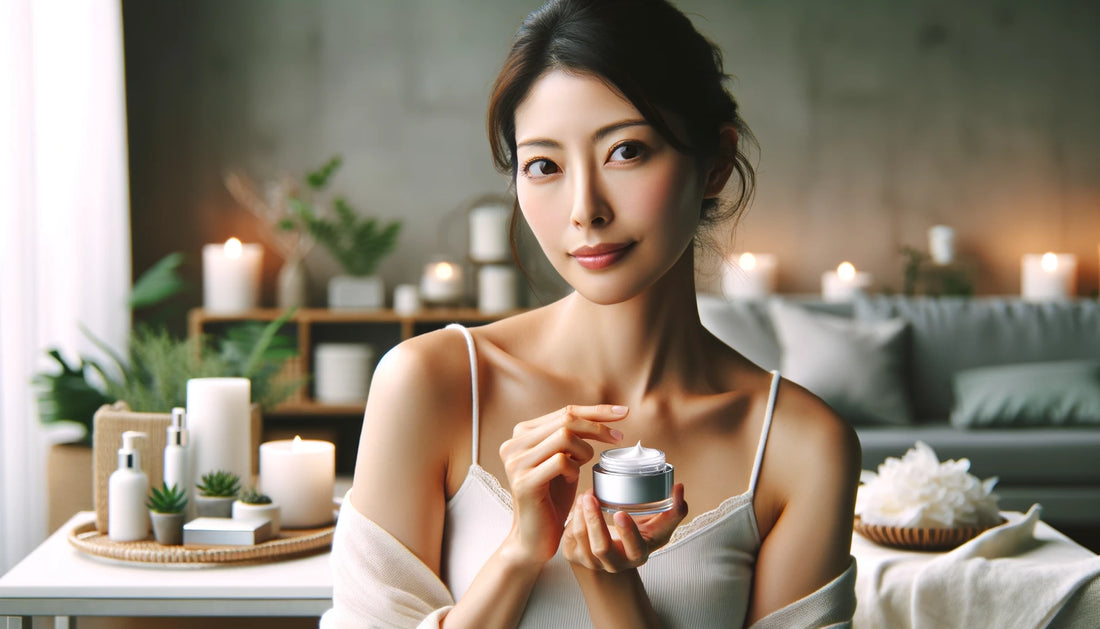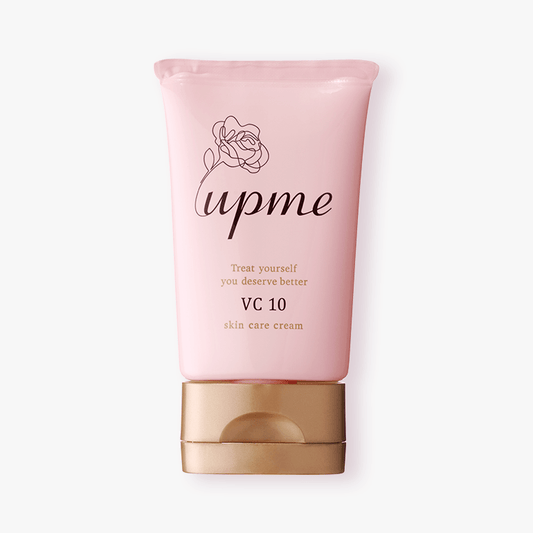
Tips to prevent unpleasant odors from sensitive areas – Ultimate guide for women in their 30s and 40s
Thank you for visiting our website.
Researched and developed by 95 doctors
Contains 10% of our proprietary stable neutral vitamin C derivative
Carefully crafted Femcare brand cream
I'm Sato, a staff member at "up me".

The theme of this issue is "Tips to prevent unpleasant odours in the intimate areas – the ultimate guide for women in their 30s and 40s".
Introduction:
In recent years, attention has been focused on the health of the intimate areas, and odor care has become an important issue in daily life, especially for women in their 30s and 40s.
Changes in skin quality and hormone balance that occur with age often cause unpleasant odors in the delicate areas.
However, with proper care and the right product selection, these problems can be greatly alleviated.
In this column, we will explain how to deal with odor, focusing particularly on care methods using vitamin C, creams, and vitamin C derivatives.
What is the smell of the delicate zone?
There are many causes of odor in the delicate areas, but the main ones are sweat, urine, common bacteria on the skin, and secretions.
In particular, excessive secretion of sebum and sweat can lead to an increase in resident bacteria, which can be one of the causes of odor.
Women in their 30s and 40s often experience these symptoms more prominently due to hormonal changes.

Vitamin C and vaginal odor:
Vitamin C is not only known as a nutrient that supports beautiful skin, but it is also expected to have antibacterial and deodorizing effects.
Applying care products containing vitamin C to the delicate areas helps to reduce unpleasant odors by balancing the bacteria that cause odor.
Use of care products and choice of cream:
There are many creams for sensitive areas on the market, but it is important to carefully check the ingredient list and choose one that is gentle on your skin.
In particular, creams containing vitamin C derivatives are said to have a high rate of penetration into the skin and are also highly effective in dealing with odor.
Care and Lifestyle Modifications:
Caring for your delicate areas does not just mean using cream; it is also essential to review your daily lifestyle habits.

Improving your diet by eating foods rich in vitamin C can also help prevent odor.
In addition, choosing the right underwear and changing clothes frequently are also important.
lastly:
Unpleasant odors in sensitive areas can be significantly improved by choosing an appropriate cream, taking precautions in daily life, and eating a nutritionally balanced diet that includes vitamin C, so women in their 30s and 40s are encouraged to actively use this information to review their daily care routine.

What did you think?
I hope you will try out one of these exercises and feel a change in your body.

